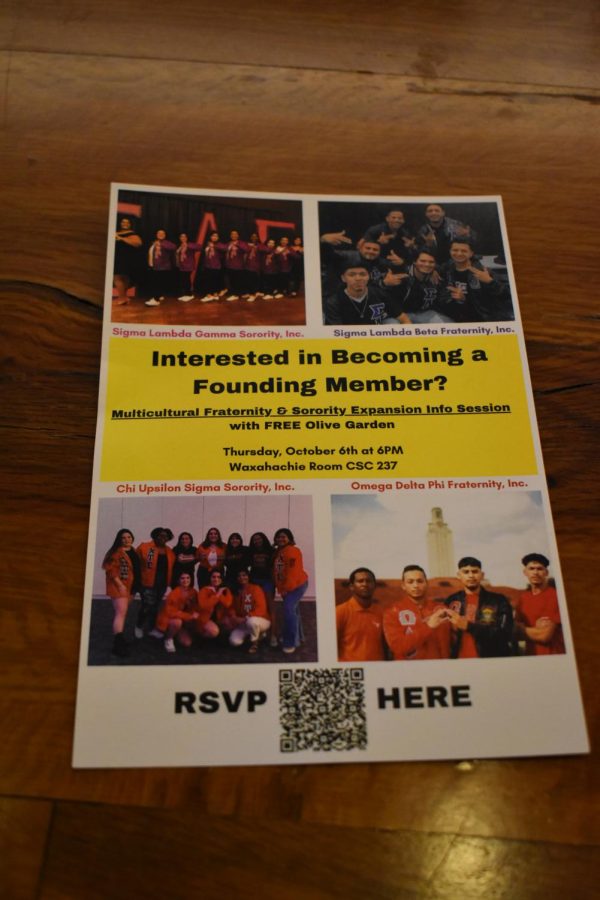Growing up, my sister always complained that my parents favored me. It wasn’t true, but admittedly, I can see why she felt that way. When we were younger, we got spankings when we disobeyed. I would usually calmly and quietly accept the baseline punishment of one swat, it would sting for a bit, but then it was over; she would run through the house, shouting at my parents in protest and racking up another spanking each time my mom said, “I’m going to start counting” and slowly made it to three. As we got older and our first cell phones became our most prized possessions, our punishment when we disobeyed was getting the phones taken away. I would grit my teeth, roll my eyes and obediently, if still reluctantly, give it to my parents for whatever amount of time they felt atoned for my infraction. My sister, on the other hand, usually through hot tears and with a red face, would list reason after reason why the punishment was unfair and would grow increasingly heated as the argument went on. Not surprisingly, her pleas didn’t work. In fact, they had the opposite effect from what she had hoped; the longer she went on begging and fighting, the more hours, days or weeks my parents would add on to her grounding sentence.
Of course, my parents don’t have a favorite. With all the stories about my childhood punishments, you’re probably thinking, “It sounds like your parents hated you both equally.” (I have no doubt that I fully deserved whatever I got and I’ve made it to adulthood unscarred, untraumatized and better for it.) The point of my story isn’t to shame my sister or to boast about my obedient submission. Instead, it is to point out the often underappreciated value of knowing when to shut up.
Don’t get me wrong, standing up for your convictions and passionately advocating for your beliefs is vital to progress in any sphere. There are so many students, faculty and staff who I admire for their tact, passion and persistence in unapologetically expressing their opinions. I envy those who can intelligently articulate their positions on issues, because I am so clumsy and nervous when it comes to doing so. I am proud to go to a school where everyone is given a voice and being here during a time of so much social and political discourse has really illuminated to me how much my peers care about the world around us. However, it has also brought to light the polarization, anger and even hate that resides on our own campus.
How many formal lectures, dialogues, town halls and other synonymous gatherings have we had this year? I lost count. How many class discussions have centered around polarizing topics? So many. Again, those opportunities for disagreement and the exchange of ideas are so important and I do not want to underscore their value. But how many of times has a representative from one side of an issue purposely provoked an opponent, leading to defensive, offensive and emotionally-charged arguments that are upsetting and unproductive? Enough for me, a conflict-averse person to feel compelled to speak up.
Like my sister’s attempts to avoid being grounded, there are some battles that are not even worth fighting. Realizing this can save you a lot of time, energy and stress. Other battles can be won if you to take a step back and assess your strategy. There are times when you can say more by saying nothing at all. Conceding when you are wrong, or acknowledging that an argument is becoming unproductive or disrespectful is not a sign of weakness, rather of maturity and self control. Perhaps suggest taking a break so that each party can cool off and collect their thoughts to provide a chance to think through your own argument and your opponents, then return to the discussion with a more reasoned, less emotional composure. For people of privilege, I think it is especially important to recognize when our opinions, or even facts and statistics that support our argument, will never outweigh others’ lived experiences. It is embarrassing and disrespectful to try to debate a claim about challenges we have never had to face and therefore couldn’t possibly fully understand.
I challenge those who may be prone to provoke to refrain from engaging in unproductive arguments every now and then. The beauty of Trinity is that there will (probably) always be another chance to air your opinions, another opportunity for your voice to be heard. I would never want to imply that students should stop speaking up and advocating for causes they are passionate about, rather I would like to ask students to consider whether their words are appropriate, constructive and considerate for a given context. I applaud the efforts toward civil discussions between those of opposing viewpoints that have taken off this year. I admire the students who are making a positive impact by standing up for what they believe in. I appreciate our administrators who have helped establish safe spaces in which students are able to air their concerns. But I am also annoyed by inappropriate, uninformed and disrespectful arguments. I hope that my peers from any group or cause will never give up the fight, but will be more prudent in picking their battles.












